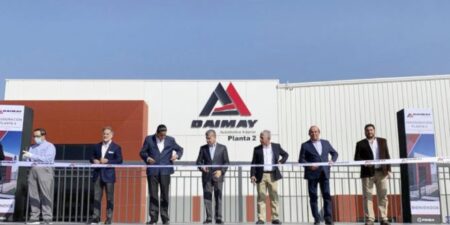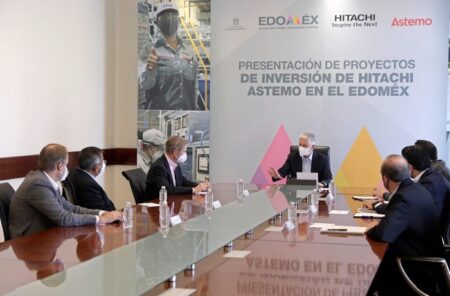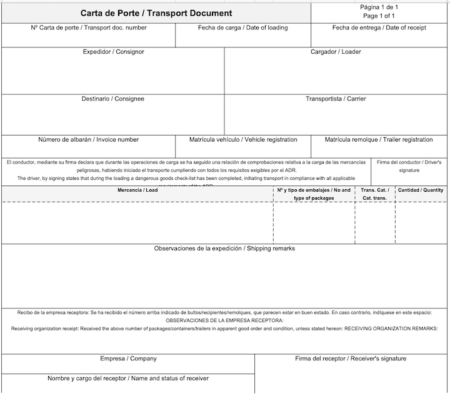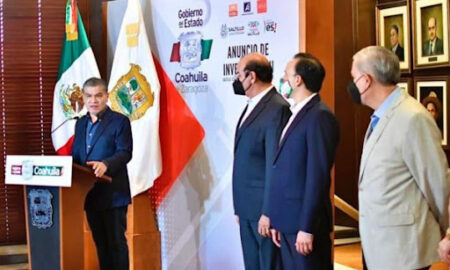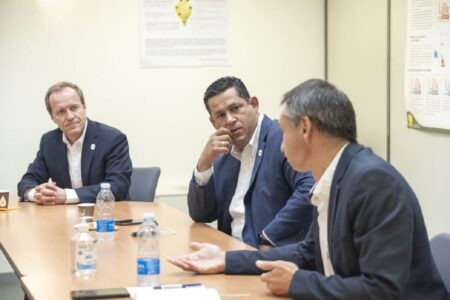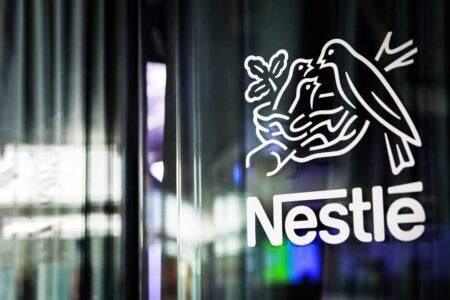There are challenges and uncertainties that companies will face as they expand to other countries. For example, hiring in Mexico, as recruiting personnel in a different country, has its own requirements and regulations when it comes to employment. Combined with language barriers, this can be a complex step for foreign companies.
Therefore, is important to know steps, processes, and regulations when hiring employees in Mexico, to ensure compliance with the Federal Labor Law.
The Mexican Labor Law (Ley Federal del Trabajo)
The Federal Labor Law states the laws that concerns the workers in Mexico and governs labor relations between employers and workers, establishing the employment relationship regulations between the person providing a personal service and the person receiving it.
Furthermore, this Law protects individual guarantees and makes it very clear that no distinction can be made between workers based on race, sex, religious creed, political doctrine, or social status.
Employment Agreement
In Mexico an employment agreement or labor contact is mandatory. There are three types of contract durations: indefinite, project and seasonal.
The labor contract represents a document that grants labor rights and gives clarity in:
- Your specific obligations in the employment relationship between employer and employee
- Hours of entry and exit.
- Place and time where the workday start.
- Days and places of payment.
- Rules to prevent working risks.
- Permits and licenses.
- Disciplinary measures and their application.
- The benefits you receive for your work: salary, breaks, vacations, social security, law, and additional benefits.

Working hours and minimum wage
When considering hiring in Mexico, it is important to have knowledge of the Federal Labor Law, which is very extensive and among other states following:
• According to Article 61, the maximum length of a Labor Day is eight hours during the day, seven hours at night, and seven-thirty hours when mixed. Extra hours must be paid according to article 66, there is a cap in overtime, and the first 9 hours must be paid double and extra hours triple.
• According to Article 85 of the Labor Law, a worker’s salary cannot be less than the minimum wage, and no employee in Mexico can be paid less than this legal minimum wage. Employers in Mexico who do not pay the Minimum Wage may face penalties from the government.
- On January 1, 2021, Mexico’s minimum wage was increased by 15% to 141.70 pesos per workday. The tariff along the Northern Border Zone has been increased to $213.39 pesos per workday, every weekday, for the year 2021.
Vacations and benefits
In Mexico employees are entitled to 6 days of vacation days will increased corresponding to the number of years worked. In addition to the seven national holidays and additional day every six years on December 1st.
Furthermore, there are important law benefits employers must take into account such as Christmas Bonus, which is mandatory and equivalent to 15 days of wage.
Another benefit for employees, is profit sharing in which a Company must distribute 10% of their pre-tax profits to their employees, after completing one year of operation.
First steps for hiring
The first step for being able to hire employees, is a registering your company before the social security institute as an employer (known in Spanish as IMSS, Instituto Mexicano del Seguro Social).
Lastly, the company must also be registered before tax authorities (SAT).
Hiring Foreign Employees
In Mexico, foreign workers are limited to 10% of a company’s workforce, and the company must be properly registered to hire foreign workers and provide the requisite working visa. All hiring restrictions are eliminated for directors, general managers, and administrators, allowing foreign nationals to fill up to 100 percent of these jobs.
To Directly or Indirectly Employ
Many companies choose to hire personnel through a subsidiary or service agent because complying with Mexican labor and social security law can be difficult. This can limit a foreign company’s exposure and liabilities.
Furthermore, local experience is most time required to know where to find the right person for the job.
Mexcentrix can support your company in the full hiring process, including pre-employment tests, interview, medical exams, reference checks, and registration with authorities, complying 100% with the Federal Labor Law. Contact us.
